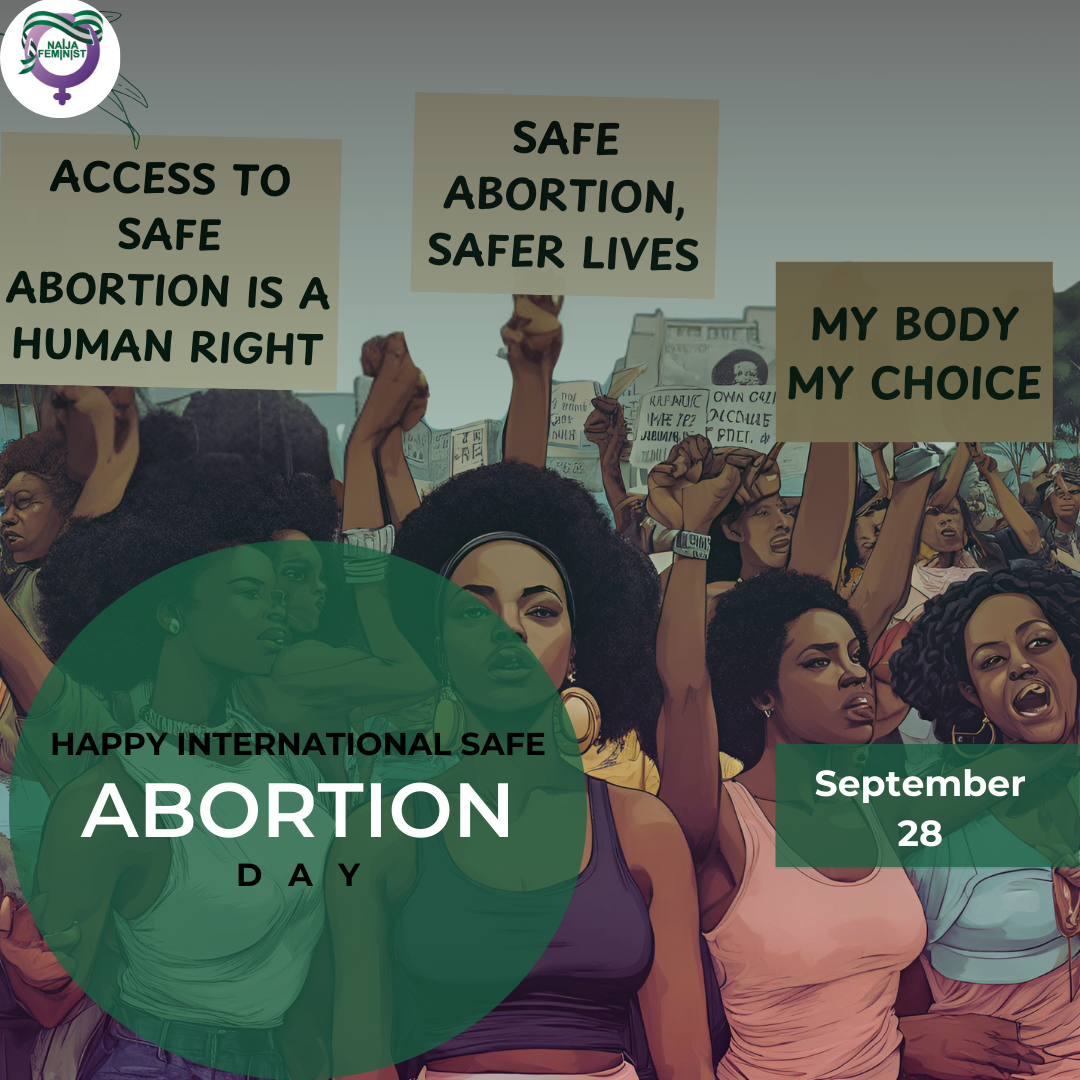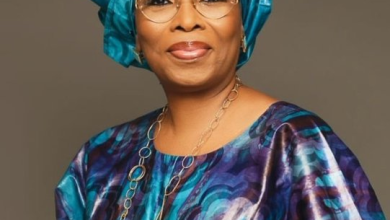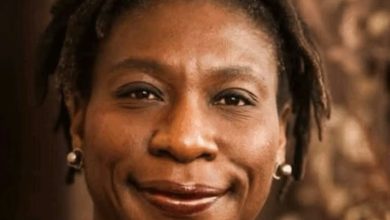
|
Getting your Trinity Audio player ready...
|
Today, August 28, 2024, is the International Safe Abortion Day. However, for Nigerian women, it is not a day of celebration. For decades, women in the country have been denied the right to their own bodies and reproductive choices.
Nigeria’s abortion law only allows the procedure to save a woman’s life. Women who terminate pregnancy, according to the Criminal Code Act, are liable to fourteen years imprisonment. These leftovers of colonial rule shouldn’t be present in modern society. The law also does not prevent abortions from happening, rather, it only makes them unsafe for women.
The National Medicine Journal study reveals that an estimated 1.25 million induced abortions occurred in Nigeria in 2012, equivalent to a rate of 33 abortions per 1,000 women aged 15–49. However, about 212,000 women were treated for complications of unsafe abortion, representing a treatment rate of 5.6 per 1,000 women of reproductive age, and an additional 285,000 experienced serious health consequences. These secret procedures have resulted in Nigeria having one of the highest maternal mortality rates in the world, with unsafe abortions contributing significantly to preventable deaths.
However, bodily autonomy is an inalienable human right that supersedes any claims of fetal personhood. Forced pregnancy and childbirth is a form of gender-based violence, stripping women of their agency and reinforcing societal norms that value potential life over the life and rights of the mother. No one should be compelled by law to carry a pregnancy to term against their will.
The state-patriarchal institutions claiming ownership over women’s reproductive capacities reduce women to mere incubators and vessels and deny them full humanity. Often, the existence of a fetus is prioritised over the autonomy and rights of the woman carrying it, reducing her to a secondary or sub-human status in the eyes of the law.
The abortion debate at its basis revolves around control. Those who want abortion to be illegal are not truly concerned with fetal life but with controlling women and maintaining male supremacy. If they cared about children, they would advocate for improved social services, education, adoption, and healthcare rather than punitive measures against women. Their stance is rooted in misogyny and a desire to continue to keep women systematically marginalised. Religion is also often used to justify abortion bans, but this is often a camouflage for sexism, and those who weaponize religion to control women’s bodies are selectively interpreting scripture to serve a patriarchal agenda. Nigeria is officially a secular state, and its laws should not be based on any particular religious beliefs.
Oftentimes, anti-choice people argue that abortion access will lead to its use as birth control or promote promiscuity. Still, these arguments are baseless fears rooted in mistrust of women’s judgement. Women are capable of making informed choices about their bodies and lives, and the focus should be on comprehensive sex education and contraceptive access, which have been proven to reduce unintended pregnancies far more effectively than criminalisation.
We can’t overlook the economic implications when discussing abortion laws. Wealthy women in Nigeria can travel abroad for safe abortions or pay for safe illegal abortions. In contrast, poor women are left with no viable options but to risk their lives with unsafe procedures. This perpetuates socio-economic class division and disproportionately harms the most vulnerable women in society.
The criminalisation of abortion is a patriarchal tool that must be dismantled if women are to achieve true liberation and equality. Making abortion legal and accessible is not just a matter of healthcare. It is a fundamental human rights issue and a necessary step toward dismantling systemic sexism and male dominance in Nigerian society.
Further, legalising abortion is crucial for women’s full participation in society since unwanted pregnancies can derail education and careers. It often traps women in cycles of poverty and financial dependence, thereby serving as a tool for the patriarchal agenda of keeping women out of positions of power and influence.
Also, forcing women to bear children they do not want or cannot care for perpetuates intergenerational struggle, further entrenching social inequalities. Legal abortion helps women to time their pregnancies, finish their education, advance professionally, and have children when they are emotionally and financially prepared.
The fight for abortion rights is interconnected with patriarchy and capitalism. Reproductive rights intersect with race, patriarchy, capitalism and other systems of oppression. The true liberation of women needs an intersectional approach to dismantling these interconnected systems that uphold oppression.
Thus, the demand for the legalisation of abortion to #MakeUnsafeAbortionHistory is not just about changing the law but about changing societal views of women’s bodies and their reproductive rights.






